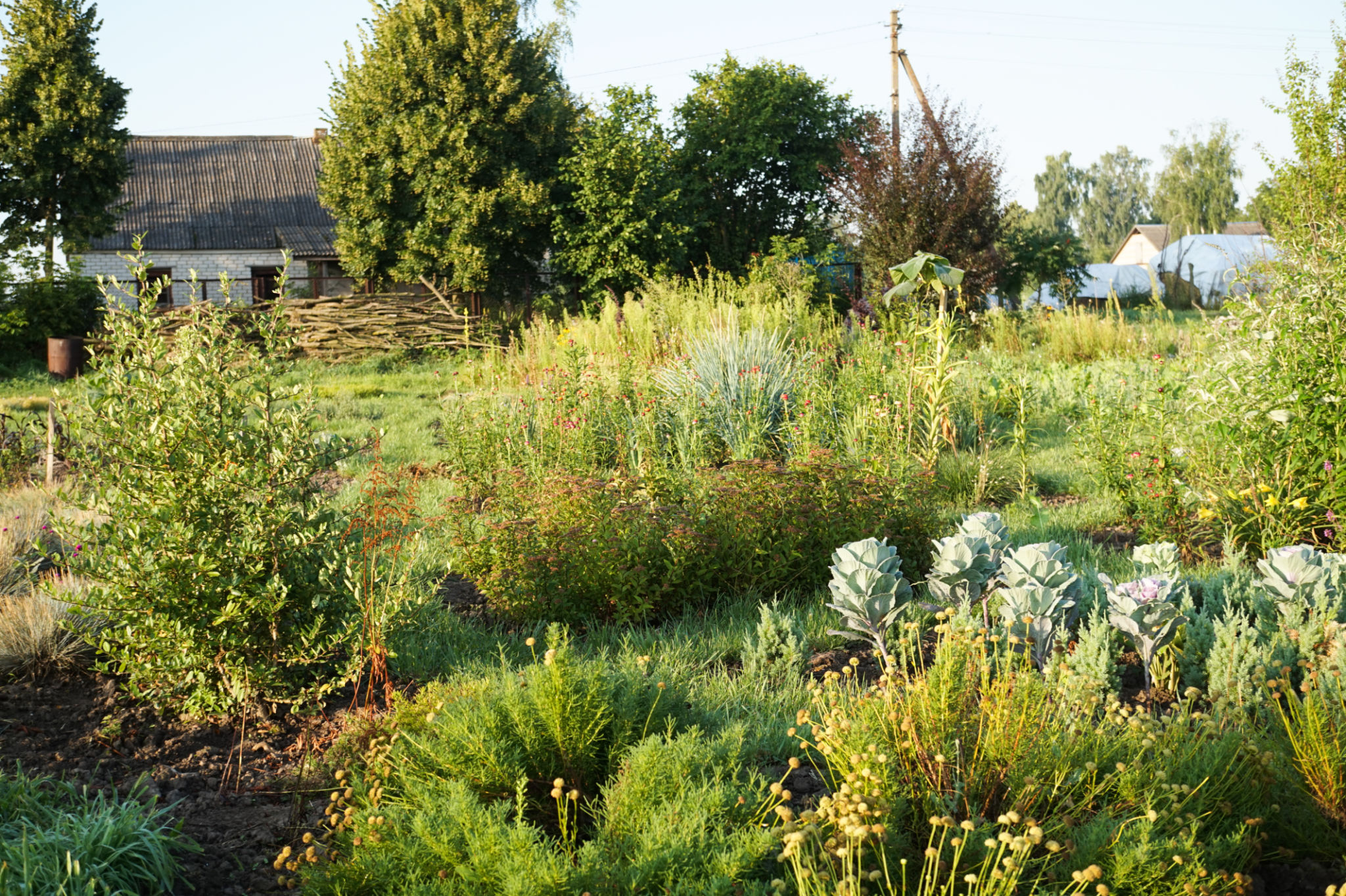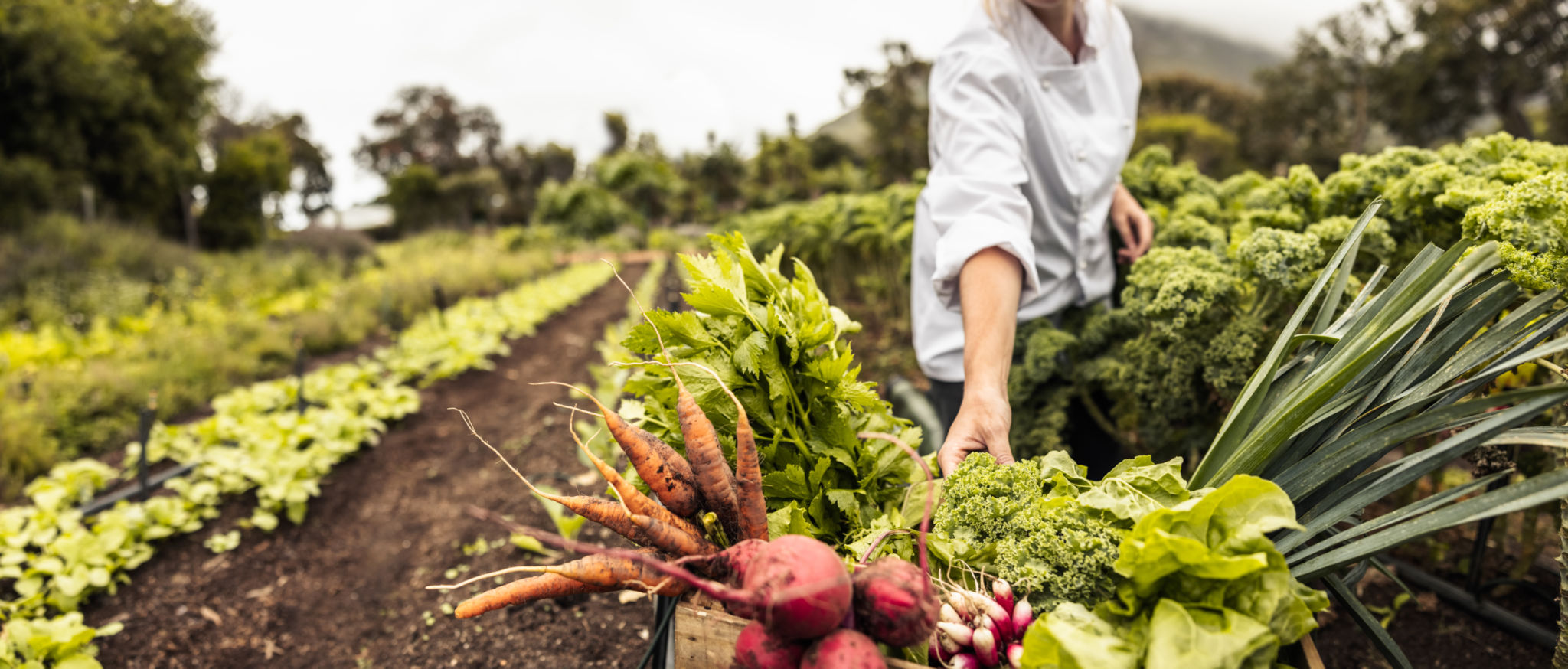Comparing Ecological Gardening Practices: What Works Best in Tucson?
Understanding Tucson's Unique Climate
Tucson, Arizona, is known for its arid landscape and unique climate conditions. With hot summers and mild winters, gardening here presents distinct challenges and opportunities. To cultivate a thriving garden, it’s crucial to adopt ecological practices that align with the local environment. This blog post explores various gardening methods and evaluates their effectiveness in Tucson.

Xeriscaping: Water-Wise Gardening
Xeriscaping is a popular choice among Tucson gardeners. This method focuses on using drought-resistant plants to conserve water, a precious resource in this desert city. Native plants such as agave, yucca, and desert marigold thrive in xeriscaped gardens, requiring minimal irrigation. By reducing water usage, xeriscaping not only benefits the environment but also lowers utility bills.
One of the key principles of xeriscaping is soil improvement. Adding organic matter can enhance soil fertility and moisture retention, which is crucial for plant health in dry climates. Mulching further aids in water conservation by preventing evaporation and suppressing weeds.
Permaculture: Creating a Self-Sustaining Ecosystem
Permaculture is another ecological gardening practice gaining traction in Tucson. This method emphasizes creating a self-sustaining ecosystem by mimicking natural processes. By integrating elements such as companion planting, rainwater harvesting, and composting, permaculture gardens can flourish with minimal external inputs.

One standout feature of permaculture is its focus on biodiversity. By planting a variety of species, gardeners can attract beneficial insects, improve soil health, and enhance resilience against pests and diseases. This diverse approach not only supports a healthy garden but also contributes to local wildlife conservation.
Organic Gardening: Building Healthy Soil
Organic gardening is rooted in the principle of nurturing soil health to produce robust plants. In Tucson, where soil can be sandy and nutrient-poor, organic practices such as composting, crop rotation, and natural pest control are vital. By avoiding synthetic fertilizers and pesticides, gardeners can maintain a balanced ecosystem that supports plant vitality.

Additionally, organic mulches like straw or wood chips can help retain soil moisture and temperature, crucial factors for successful gardening in Tucson's climate. These practices not only benefit the garden but also promote environmental sustainability by reducing chemical runoff and enhancing biodiversity.
Comparing Practices: What Works Best?
While each of these ecological gardening practices has its merits, the best approach often involves a combination of methods tailored to your specific needs and goals. For instance, integrating xeriscaping with permaculture principles can maximize water efficiency while fostering biodiversity. Organic methods can complement both by enhancing soil health and reducing chemical inputs.
Ultimately, the success of any gardening practice in Tucson depends on understanding the unique challenges of the local climate and adapting techniques accordingly. The goal is to create a thriving garden that respects and works harmoniously with the environment.
Conclusion
Gardening in Tucson requires innovative approaches that align with the region's climate conditions. By comparing and combining practices such as xeriscaping, permaculture, and organic gardening, residents can cultivate lush, sustainable gardens even in arid landscapes. These methods not only beautify the surroundings but also contribute positively to the local ecosystem.